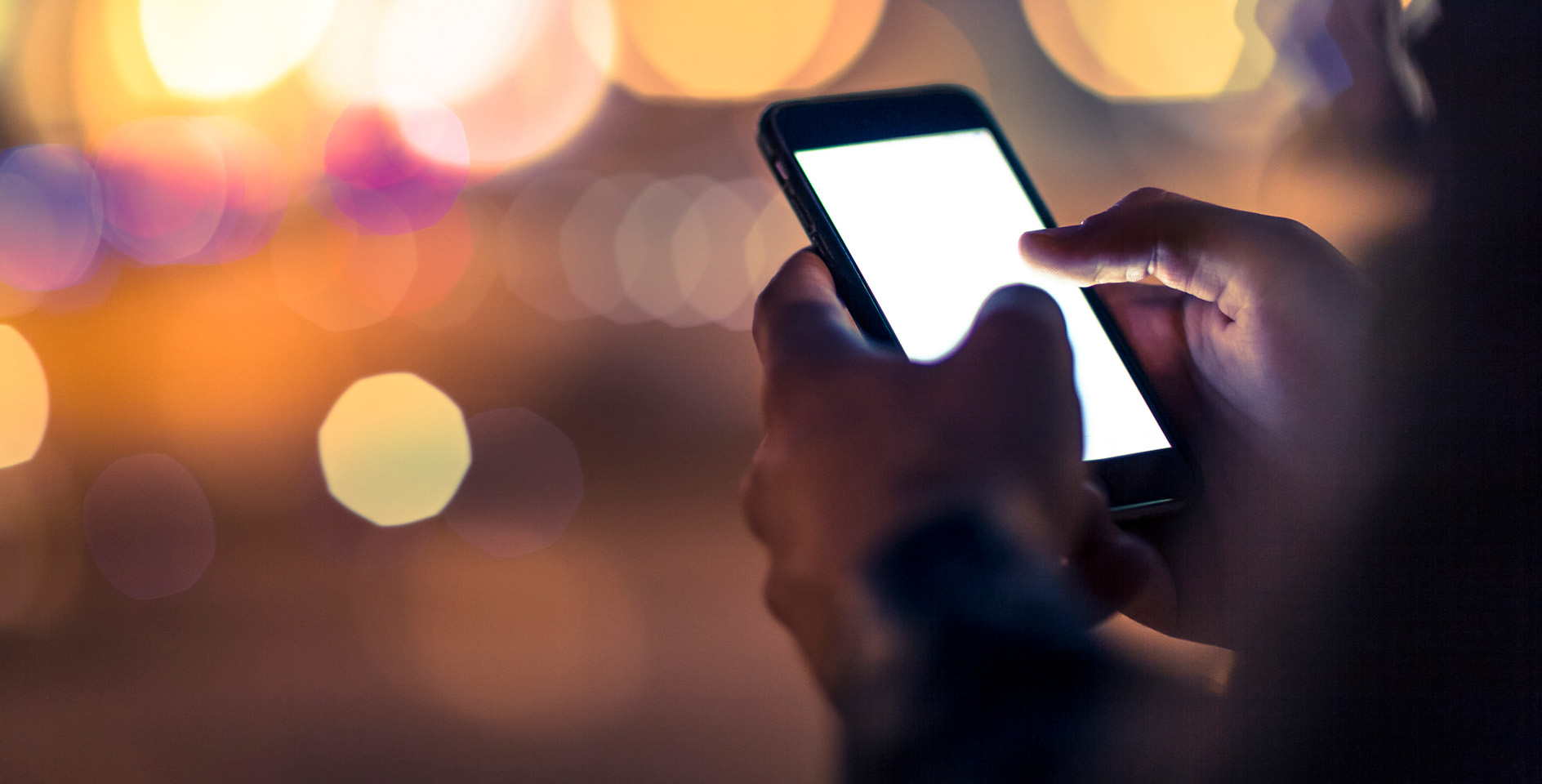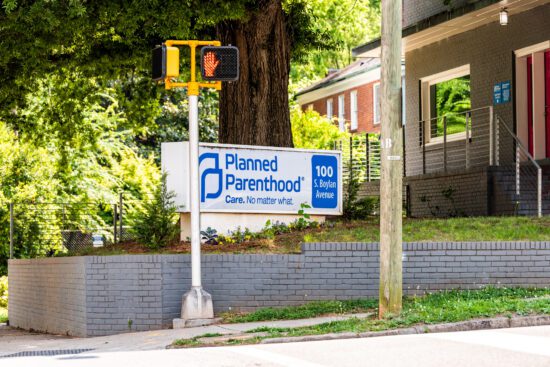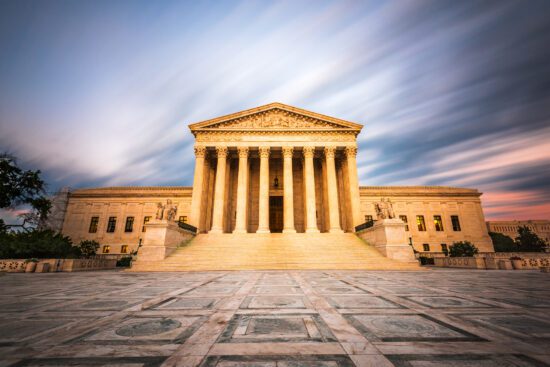A recent article in Politico Magazine about a Louisiana law HB 142 has gone viral because of its astounding headline: A Simple Law Is Doing the Impossible. It’s Making the Online Porn Industry Retreat. “Unlike past efforts to curb online porn that had simply declared the sites a danger to public health, these laws are not symbolic,” writes Politico’s Marc Novicoff. “And they are having real effects on how the massive online porn industry does business.”
Novicoff is referring to laws passed earlier this year that requires users to prove they are 18 or older before accessing pornographic websites. Louisiana was the first state to pass such a law, with similar bills passing in six other states—Arkansas, Montana, Mississippi, Utah, Virginia, and Texas.
The positive effect of such laws—traffic to Pornhub has dropped 80% within Louisiana—shows why similar legislation should be adopted by other states and highlights why these efforts deserve the support of Christians across the country.
What is the Louisiana law HB 142?
The Louisiana law, known as HB 142, was the first of this type of legislation and provides a model for how they can work.
The process: That law requires users in that state to prove they are 18 or older before accessing sites that contain at least 33.3% pornographic material that is “harmful to minors.” To meet this requirement, users must show government-issued identification, such as a driver’s license, to verify their age. (Louisiana is one of the few states in the U.S. that allows residents to store government-issued IDs digitally on their smartphone.) Doing this helps to prevent minors from accessing adult content and ensures that the websites are complying with age verification laws.
The penalty: Companies that violate the Louisiana law can be sued for damages in civil court by the parents of minors who were able to access the site without being verified. The law makes it clear it does not apply to legitimate uses, such any “bona fide news or public interest broadcast, website video, report, or event,” nor does it “affect the rights of any news-gathering organizations.”
Why should state laws curbing online porn be embraced?
While some privacy advocates have expressed concerns about the law, there are several reasons why this is a legal approach to curtailing pornography that should be widely embraced.
1. Such laws protect minors from exposure to adult content
Christians and other anti-pornography advocates make no apologies for wanting to see all pornography banned. But the primary reason for these laws is the more limited effort to protect minors from exposure to adult content. By requiring users to prove their age before accessing pornographic websites, the law ensures that children and teenagers are not exposed to inappropriate content.
Decades of social science research has shown that exposure to adult content can have negative effects on young people, including:
- increased sexual activity,
- risky sexual behavior,
- and negative attitudes toward women.
By preventing minors from accessing adult content, these laws are helping to protect young people from the negative effects of porn.
2. Such laws ensure compliance with age verification requirements
Another reason why the Louisiana law is a particularly helpful model is that it ensures compliance with age verification laws. Many states have laws that require websites to verify the age of their users before allowing them to access adult content. However, these laws are often not enforced, and many websites either do not comply with them or do so in a way that negates the effectiveness and intent.
By requiring users to show government-issued ID to prove their age, the Louisiana law ensures that websites are complying with a community’s efforts to protect its children.
The law also puts the onus for compliance and enforcement on the community. Louisiana doesn’t identify which companies need to comply. Instead, the state allows companies to determine for themselves whether or not they decide to implement age verification to avoid legal liability. Parents, rather than the state, also bear the burden of determining harm and seeking restitution.
3. Such laws do not pose an undue threat to user privacy
Some privacy advocates have expressed concerns about the Louisiana law HB 142, arguing that it could lead to the collection of sensitive personal information. However, the law is designed to protect user privacy by:
- requiring that the information be collected by third-party sites—rather than the porn websites,
- and that all information contained on the user be deleted within 30 days of verification.
This means that websites cannot collect and store user information, which helps to protect user privacy.
Additionally, the law only requires users to show government-issued ID, which is already required for many other activities, such as buying alcohol or tobacco products. Therefore, the law does not require users to provide any additional personal information beyond what is already required for other activities intended to protect minors from harm.
4. Such laws encourage other states to take efforts to protect our children
These laws have already provided a positive example for other states to follow. If adopted by a majority of states, it could reshape the landscape of the internet in the U.S., reinforcing the importance of responsibility and accountability in the digital age.
While the main focus is on protecting minors from adult content, the implications of such laws go beyond this. They highlight the broader issue of how society should regulate online pornography to ensure the safety and well-being of its users, particularly among the most vulnerable groups.
The ripple effects of these laws can already be seen, with discussions and debates arising in legislative chambers across various states. This reflects the widespread recognition of the potential dangers of unrestricted access to adult content for minors and the need for concrete steps to address it. It’s also an invitation for tech companies and website developers to innovate in creating more robust age-verification mechanisms that are efficient, user-friendly, and respectful of user privacy.
Whether we should be all that concerned about the privacy of pornography users is debatable. What we should not do is put such concerns ahead of our need to safeguard the well-being of minors in the digital age. The Louisiana law HB 142 and the ones that have followed serve as pioneering models, emphasizing the importance of finding creative legal solutions and setting the stage for broader discussions on how best to navigate the complexities of the internet.
As other states consider similar legislation, it’s imperative that lawmakers are aware that Christians support such efforts to protect our children from the soul-destroying evil of pornography.










